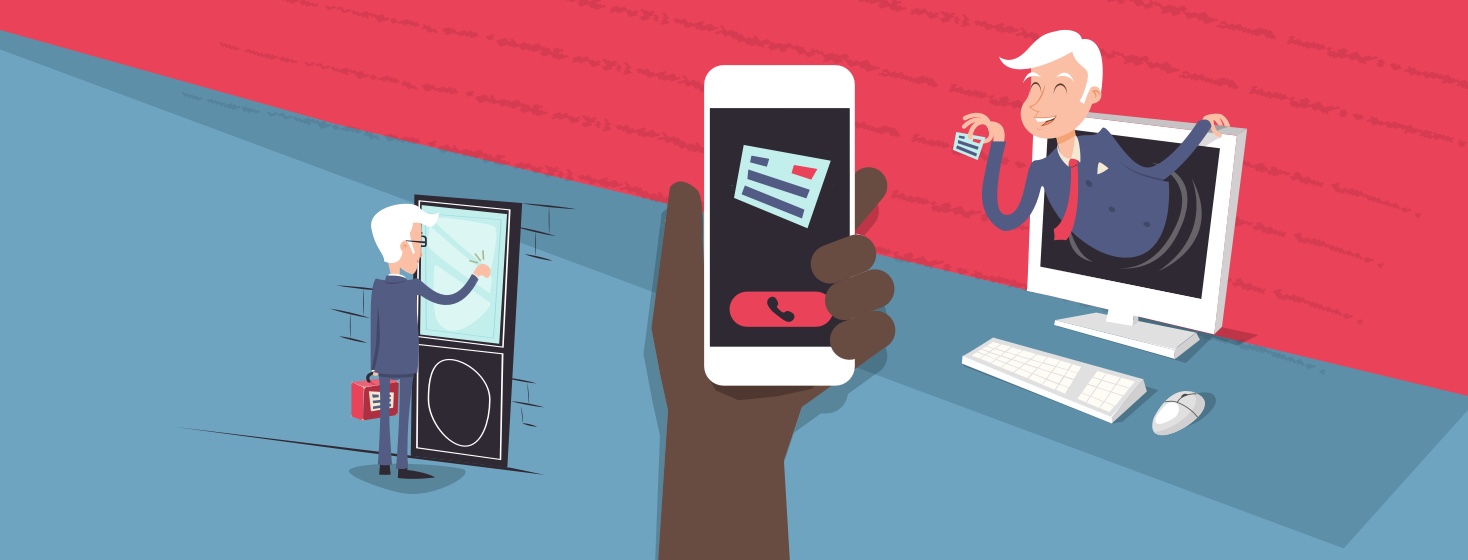The Exasperating Toll of Clinical Trial Recruitment
Life has a funny way of throwing curveballs at us when we least expect it. It's like just when you think you've come to terms with the concept of having a terminal illness, the medical world then hits you with a barrage of clinical trial recruiters who act like car salesmen. It's exhausting.
Stage 4 breast cancer takes a toll
Having stage 4 breast cancer is already an overwhelming battle in itself. The physical and emotional toll it takes on a person is indescribable. You are constantly overwhelmed with medical appointments, treatments, and an ever-growing list of medications. The last thing you need is the added stress of people recruiting participants for clinical trials who try to push their agendas on you.
Clinical trials are important
Don't get me wrong: I understand the importance of clinical trials and their potential to offer groundbreaking treatments. However, the recruitment approaches of these trials are akin to those of car salespeople. They seem more interested in making a "sale" than genuinely understanding your unique situation and needs.
Dealing with clinical trial recruiters
It feels like they have a script ready to go, with flashy promises and persuasive tactics. They paint a picture of hope and a chance for a miraculous cure, making it seem like participating in their clinical trial is the only logical option. They throw around phrases like "cutting-edge research" and "revolutionary breakthroughs," hoping to dazzle you into signing up.
Why more empathy and understanding is needed
But here's the thing. Clinical trial recruiters often fail to consider the toll that participating will take on your already fragile state. They don't understand that you've probably already explored countless treatment options, endured the rollercoaster of emotions, and made difficult decisions. You're tired, physically and emotionally drained, and the last thing you need is another "sales pitch."
Being treated like a commodity rather than a human being is disheartening. You're not just a number on a chart but a person fighting for your life. They should provide empathy, understanding, and a personalized approach that respects your autonomy and values.
Clinical trial recruiters should approach patients with compassion
Ideally, these clinical trial recruiters should take a step back and realize they are dealing with individuals facing immense challenges. They should approach potential study participants with sensitivity and compassion, providing all the necessary information without bombarding them with flashy marketing tactics.
Answer the tough questions
More importantly, they should be willing to answer the tough questions about potential side effects, long-term implications, and realistic outcomes. They should provide a comprehensive overview, including the pros and cons, allowing you to make an informed decision without feeling pressured or rushed.
Advocating for change
We must advocate for change in how clinical trials are marketed and presented to patients. We need a system that values transparency, patient-centered care, and informed consent. The medical community must recognize that patients are not just passive recipients of treatments but active participants in their healthcare journey.
Living with stage 4 breast cancer is an ongoing battle, and the last thing you need is to be worn down by relentless pitches from clinical trial recruiters. You deserve respect, support, and the freedom to make decisions that align with your values and aspirations.
Value the autonomy of breast cancer patients
So, to all those who recruit participants for clinical trials, please remember that a person is grappling with their mortality behind the diagnosis and the statistics. Treat them with the empathy and dignity they deserve, and we can forge a more compassionate path toward innovative medical treatments.
The fight against stage 4 cancer shouldn't feel like an endless battle against clinical trial recruiters. Together, let's strive for a healthcare system that truly values the well-being and autonomy of patients, providing them with the support they need during their most challenging moments.

Join the conversation